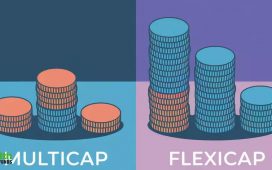The outflows were £264m lower than the previous period, the firm noted, aided by inflows into a number of its funds, in particular the Emerging Market Stars fund range which received £244m in inflows.
Assets under management also dropped over the six months, from £19.2bn at the end of March to £19.1bn at the end of September, and a further drop was reported as of 10 November at £18.9bn.
Polar Capital profits sink as AUM falls 13%
Core operating profits also fell to £22.5m from £25.8m in September last year, alongside profit before tax at £21.1m, down from £23m at the end of September 2022.
“The past six months have been a challenging period for equity markets driven by a volatile macro environment,” said Gavin Rochussen, CEO of Polar Capital.
“Like many of our peers, Polar Capital has not been immune from these challenges, but net outflows as a percentage of opening AUM have been relatively modest, and in fact, have materially slowed versus the prior comparable period.”
Rochussen highlighted how the rate of inflation remained “stubbornly high” over the six months, despite peaking in some regions, followed by a higher interest rate environment and geopolitical tensions, which led to investors taking a “cautious ‘risk off’ stance resulting in outflows across asset classes”.
Polar Capital makes double analyst hire for global technology team
He added: “Notwithstanding a challenging investment backdrop, our capacity constrained funds have performed well over the long term. The total capacity across all 13 of our teams is currently £63bn which allows significant headroom for net inflows when market sentiment improves.
“We continue to invest in our digital marketing reach and have intensified our client contact interactions to utilise our significant remaining fund capacity. This, given our differentiated range of sector, thematic and regional fund strategies, gives us confidence that we will perform for our clients and shareholders over the long term.”










